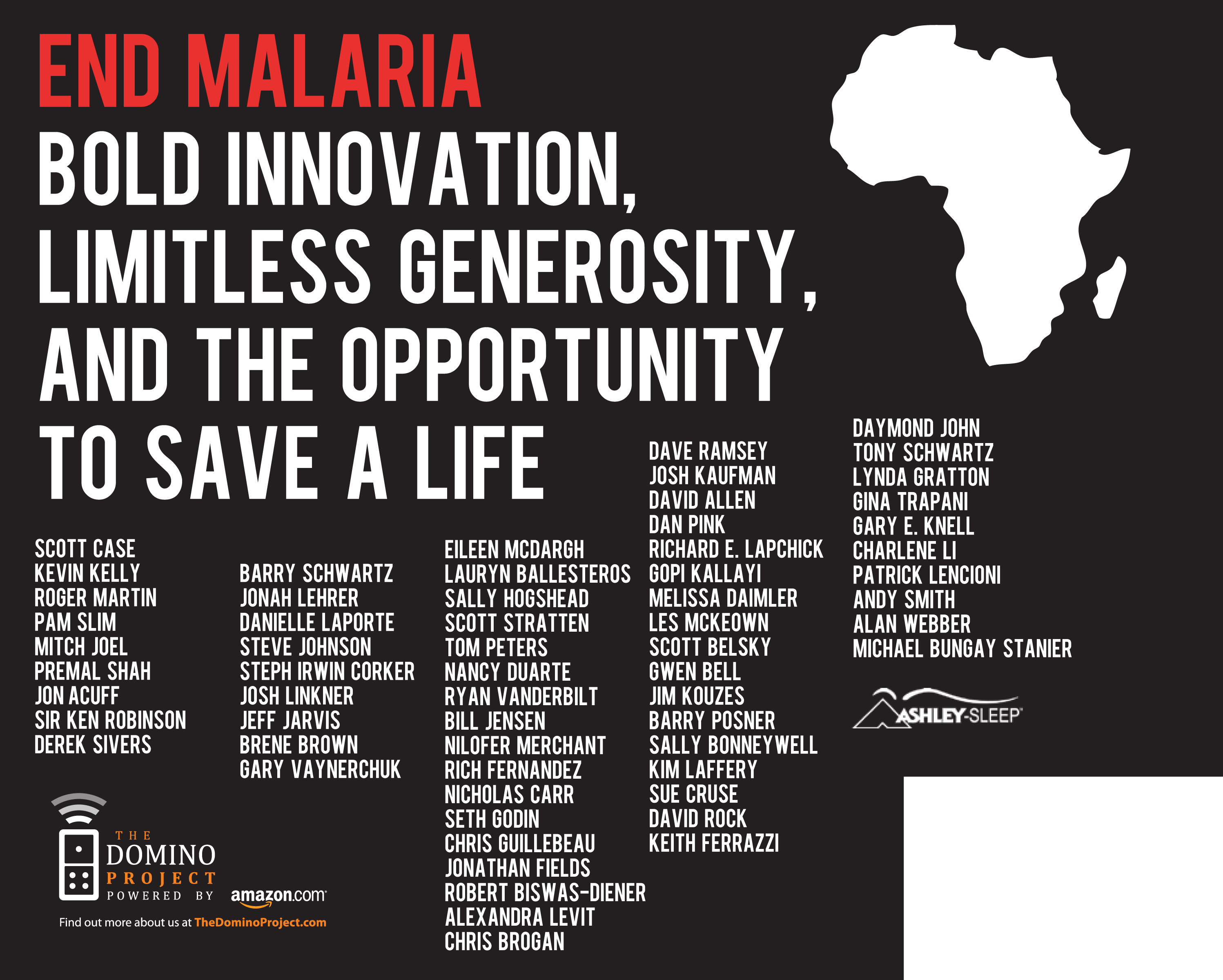Falsehoods in the Republican Narrative
Our local paper, the Daily Hampshire Gazette of Northampton, Massachusetts, runs a political column by a local conservative, Dr. Jay Fleitman. I know him a little; our kids went to preschool together, back in the day.
And thus I can say that Jay is a bright guy—and in person, quite pleasant. But you wouldn’t know it from his columns, which closely parrot the right-wing talking points of Fox News bloviators and the more extreme Republican politicians, whether or not they have a basis in fact. His writing is very typical of those who claim to speak for Republican voters these days.
Sometimes, I write letters to the editor debunking his statements. But I can’t rebut yesterday’s column that way, because I recently submitted a letter on another topic; the quota is one per month. Fortunately, I have no quota on how often I blog.
His column was called “Not an Accidental Republican.”
He writes:
Unemployment is crushing in the black population after four years of this president…yet 97 percent of blacks voted for Obama.
Where did this crushing unemployment come from? From the wildly unregulated chaos of Wall Street under George W. Bush, undermining both the Main Street economy—rewarding “job creator” companies through tax loopholes for “creating” jobs overseas—and the housing market, writing mortgages that no reasonable person could justify and frequently yanking those mortgages without anything even close to due process (often in communities of color). Bush inherited the strongest economy of my lifetime, if I’m not mistaken—and, not coincidentally, a country at peace. He gave the megacorporate multinational foxes not just the keys to the henhouse, but to the entire farm. And he wrecked the economy, the peace, and our status among nations.
Has Obama fixed the economy? No. He’s made a start. But he’s too timid, too much of a closet 1970’s-style Republican to do what needs to be done. A massive federal jobs program focused on clean energy and infrastructure repair would be a long step forward, but he’s not willing to take it. (I’ve been advocating such a plan for years.)
My wife has another great solution to the unemployment problem: provide tax breaks around job creation only when a job is created in the U.S. Voila—jobs in the private sector, in this country.
Describing the reaction of a young Democrat who was interviewing him, Jay writes,
I think that he was taken aback by the perspective that there is nothing particularly enlightened or sophisticated in the notion of a big centralized government intruding widely in society, that this is an old model found throughout human history with varying degrees of despotism.
That which makes the American experiment so unique was the founding of a government with a primary directive of protecting the degrees of freedom of its citizens. And yes, it is his political party that is the party of enlarging government.
Hmmm, let’s see…what’s the biggest expansion of federal government authority and what are the most obvious instances of U.S. government despotism in recent years? Oh yes, the Department of Homeland Security including the TSA…the imprisonment without trial, waterboarding and other torture at places like Guantanamo, Abu Ghraib, and Bagram…the crackdown on dissent at home in violation of the First Amendment…and the invasion of Iraq and Afghanistan—sovereign nations—under false pretenses. Who was president at the time? Well, what do you know; it was George W. Bush. Why didn’t Jay speak out against these appalling attacks on liberty?
Once again, Obama’s failings here are in not doing enough. He broke his promise to close Guantanamo, and he has taken his time about winding down the wars—to name two among many examples.
By the way, I asked, if we don’t have the fiscal conservatism of Republicans, then who did he think was going to be stuck with the $16 trillion debt? It’s not my generation, as we’ll be skating into Medicare, Social Security and retirement. It will be his generation, so what were they possibly thinking with over 70 percent voting for Obama?
Again, this is the Republicans’ debt. Bill Clinton left not just a balanced budget but an actual surplus, which Bush utterly squandered (wars and attacks on civil liberties are expensive, and so was the decision to slash revenue). If Republicans are serious about ending that debt (which would be a good idea), why are they so resistant to raising revenue?
During the Republican presidency of Dwight Eisenhower, when both Jay and I were born, the top-earner tax rate was 91 percent; it was 50 percent during Reagan’s first term. So why is it considered so burdensome to bring the top income tax rate back from today’s 36 percent up to the 39.6 where it had been under Clinton (a time of enormous, unparalleled prosperity)? Also, let’s not forget that the income for many high-net-worth U.S. citizens is actually a good deal lower, because much of it is taxed at a much lower rate as capital gains—this is how Mitt Romney got away with paying about 14 percent. And don’t get me started on the way many highly profitable U.S.-based corporations pay little or even nothing in taxes.
The gap between rich and poor in the U.S. right now is beginning to look like some kind of Third-World banana republic. The income inequality, or disparity, is obscene. Social services have been slashed by successive presidents from both parties for 30+ years, since Reagan took office; the poor have been disproportionately hit by programs to shift money from the have-nots to the haves. Taxes for high-income earners are actually far lower in the U.S. than they are in much of Europe; Germany, Portugal, Austria and the United Kingdom all have high-earner tax rates of 45 to 50 percent. France’s 40 percent maximum tax rate kicks in at just €69,783 ($91,083.52) per year.
Why do we need taxes? To pay for three things:
- Government services, such as roads, traffic lights, police and fire, teachers, food inspectors, and disaster relief—which help rich and poor alike—as well as assorted subsidies to people and economic entities at specific economic strata: food stamps, tax breaks for investment or education, subsidized insurance for nuclear power, etc. etc.
- War.
- The debt.
If you support the idea that governments should provide those services, you have to support paying for them—and you cant keep funding them disproportionately out of the torn and ragged pockets of those who have the least. If we stopped getting into wars and funding a military many times larger than even Russia’s, we wouldn’t have created the debt (again, this happened during the Republicans’ watch).
It’s time for people like Jay Fleitman to stop throwing red herrings around, to stop whining about the Democrats who are trying to clean up the Republican mess, and to come together as a nation to solve our problems. A fair revenue program is a logical step to move forward.


